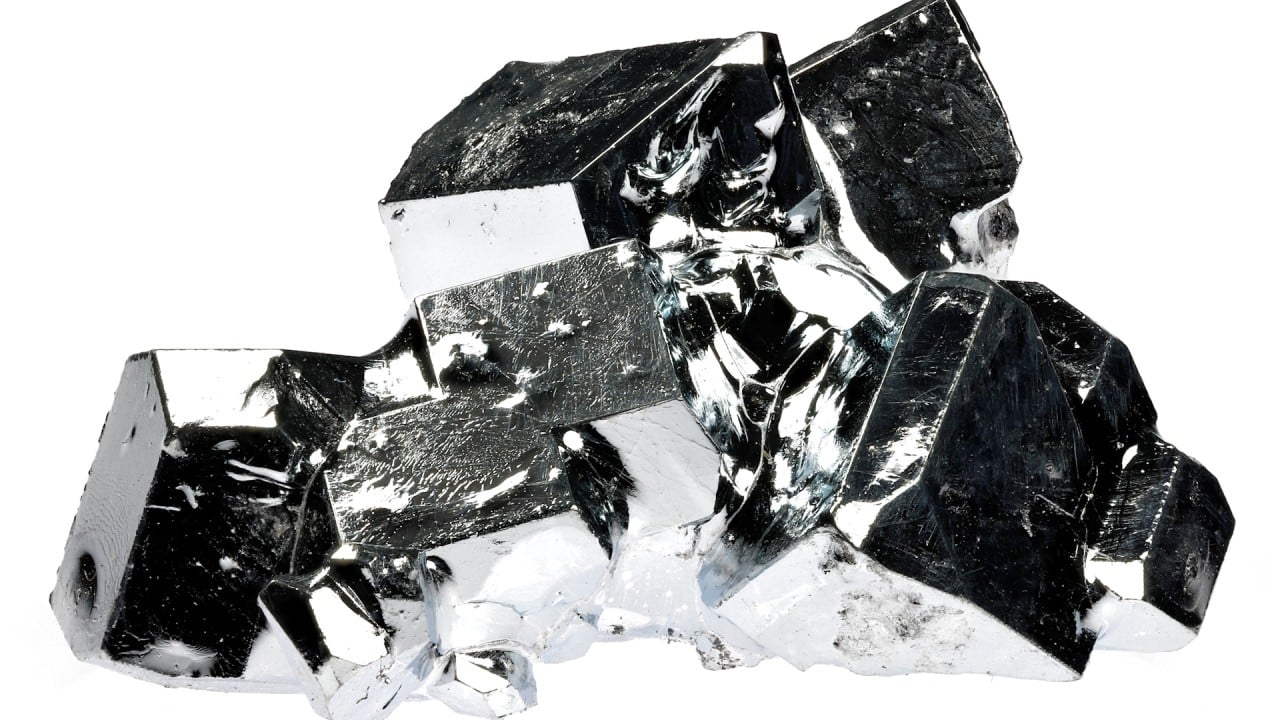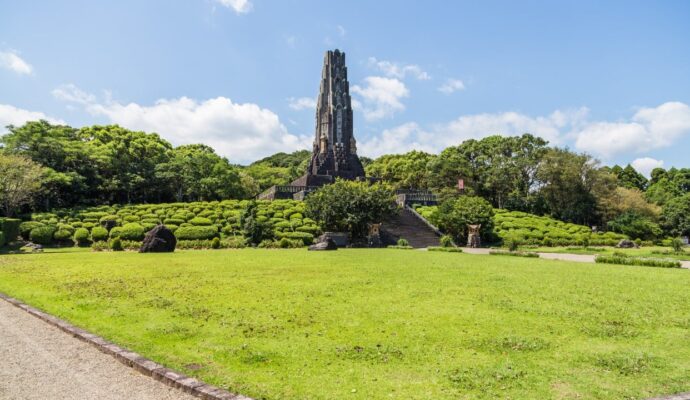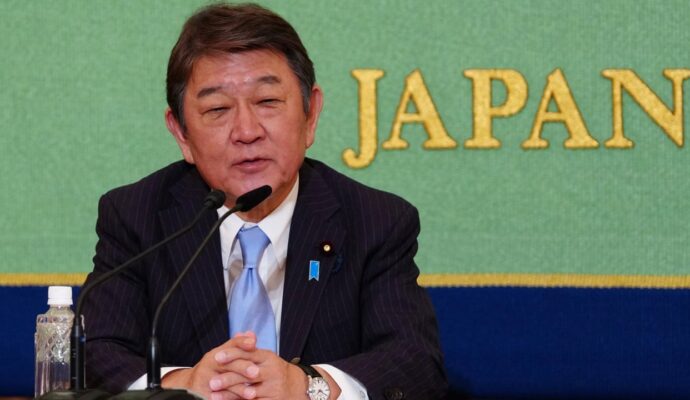China should ramp up strategic mineral mining exploration to secure its supply chain in “extreme situations”, said natural resources minister Wang Guanghua, as Beijing increases its push for national security and self-reliance.
“At the moment, the country has not invested enough in the exploration of strategic minerals, while there is a slow down in the amount of new available resources,” Wang Guanghua wrote in the Economic Daily on Wednesday.
The ongoing “redistribution” and “fierce competition for dominance” in the global supply chain has made mineral exploration a key to security, he added.
“The exploration and mining of mineral resources and being at the top of the supply chain is the key to protecting our supply chain,” Wang said, adding there would be a fresh round of searches for new sources of minerals.
China tightens controls over rare earth exports, imports of key commodities
China tightens controls over rare earth exports, imports of key commodities
China’s National Mineral Resources Plan for 2016-20 China defines 24 minerals in three categories – energy, metals and non-metals- as strategic, including oil, natural gas, copper, lithium, rare earths and fluorite.
China has, he added, only seen a growing reliance on imports for two strategic materials – oil and iron ore – despite increasing “risks in global supply”.
He called for research, exploration and utilisation efforts involving mineral resources to be strengthened, as well as improvements to the systems used for mineral exploration, extraction and reserves.
Wang said stepping up mineral exploration would strengthen security and resilience to guard against “unexpected domestic or external emergencies that could bring negative impacts”.
The supply of minerals must be secured for both defence and livelihood purposes
“This is a very urgent mission,” he said.
“The supply of minerals must be secured for both defence and livelihood purposes to ensure the domestic circulation is smooth under extreme situations,” he said, noting increasing global uncertainties in trade and conflicts.
Wang’s remarks highlighted Beijing’s urgency amid increasing geopolitical risks and an intensifying and all-ranging competition with the United States.
Beijing has increasingly focused on increasing self-reliance on what it considers as strategic industries, such as energy and agriculture, while still increasing imports of agricultural crops and oil.
China ups export curbs on key EV battery component in national security push
China ups export curbs on key EV battery component in national security push
The growing concern, particularly over critical minerals, is high on the agenda amid the tech rivalry with the US as they are key components in the manufacturing of weapons and semiconductors.
In recent years, the US has enacted a series of export control regulations, while also rallying its allies to limit the supply of semiconductors to China.
While the US is overwhelmingly ahead of China in the manufacturing of advanced semiconductors, the US is still reliant on certain minerals from China.
There is a global dependency on China for rare earths, which are used to make components in a wide range of products, including smartphones, electric vehicles and precision-guided weapons.
However, despite China dominating the world’s known rare earth reserves, global extraction capabilities and processing capacity, a number of nations are seeking diversification by investing in other countries, including Vietnam and Australia.
Wang Yunmin, an academic with the Chinese Academy of Engineering and former director of the State Key Laboratory of Safety and Health for Metal Mines, said at the end of last year that around two-thirds of China’s strategic mineral production and supply was highly dependent on external sources.
‘Huge potential’: China looks to belt and road to feed demand for minerals
‘Huge potential’: China looks to belt and road to feed demand for minerals
He said China’s reserves of 15 strategic minerals, including oil and gas, iron, copper, aluminium and nickel, account for less than 20 per cent of the world’s total.
China’s oil reserves account for a mere 1.5 per cent of the global total, while its coal reserves account for only 13.2 per cent, he added.
Minister of natural resources Wang added that China’s pursuit to reach peak carbon dioxide emissions and the development of “new industries” have also changed the demand and supply structure for certain minerals.
He said iron, manganese and aluminium would continue to be in high demand, while there would be an increase in demand for lithium, cobalt and nickel – all of which are key materials in developing electric and hybrid vehicles.
In September 2020, President Xi Jinping said China would reach peak carbon emissions before 2030 and achieve carbon neutrality by 2060.



